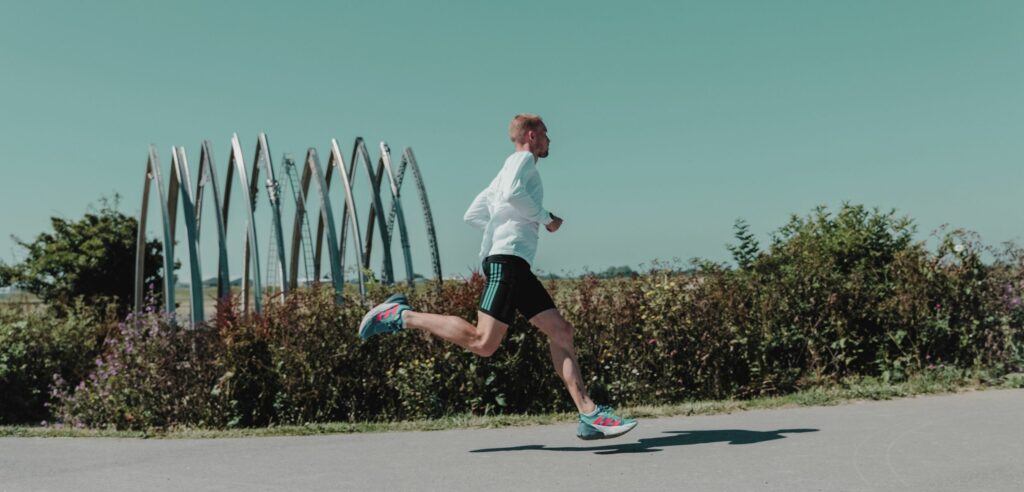Research has shown that coffee, or more specifically, the caffeine contained in coffee, can give a powerful performance boost for athletes. Bear in mind that a cup of espresso contains about ten times the amount of caffeine than in the same quantity of black tea and twenty times as much in the same volume of Cola, so drinking coffee is a sure way of increasing your caffeine levels!
Caffeine works by blocking the receptors that detect adenosine, a molecule that builds up with fatigue in the brain. This allows you to push harder and delay the onset of fatigue. Additionally, caffeine enhances the release of calcium, which regulates muscle contraction, leading to improved muscle function and endurance. Caffeine has also been shown to improve alertness and reaction time.
A further benefit of caffeine for endurance performance is that caffeine can cause an increase in the family of hormones called catecholamines which includes the ‘fight or flight’ hormone adrenaline (also called epinephrine) and which in turn leads to a greater breakdown of fat as a source of energy during exercise, although this does not occur in all situations. If more fat is used this could lead to a reduced breakdown of glycogen, the stored form of carbohydrate in the body, so that this energy source can be called upon at some later point, thus delaying fatigue and leading to improved performance.

So how much is the optimal caffeine ‘dosage’? As a rule of thumb, the recommended amount is 3-5mg of caffeine per kg of bodyweight which equates to 180-300mg for a person weighing 60kg. Up to 400mg of caffeine daily is considered safe for most individuals. (A 100ml of espresso contains 200mg of caffeine.) It’s also recommended to consume your coffee 45-60 minutes before the start of your exercise to allow your caffeine levels to peak during training or competition. This figure varies, however, according to the event and the individual, so it’s good to experiment and find out what works best for you.
It’s also worth mentioning that some individuals may not respond as strongly to caffeine and may require higher doses to experience the same benefits. On the other hand, some people may be more sensitive to caffeine and may need to lower their dosage to avoid negative side effects. Too much coffee can cause headaches, jitteriness, trouble sleeping, and even heart palpitations.
Many sports scientists will tell you that when it comes to coffee consumption moderation is the best way forward. When consumed in large amounts, coffee can act as a diuretic and cause increased urination, so alongside your coffee habit you should also make sure that you are also hydrating properly before and after taking exercise.
Click here to find out more about the benefits of caffeine for sports performance




